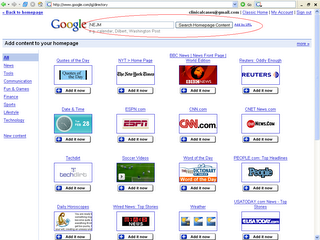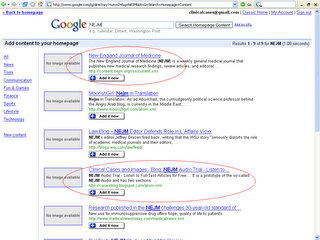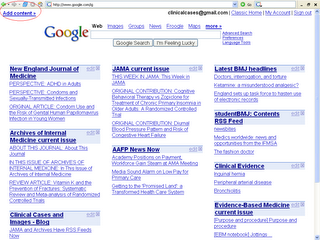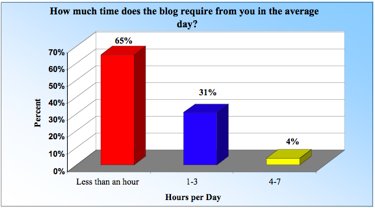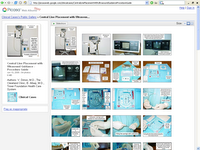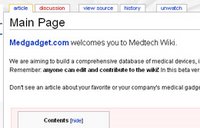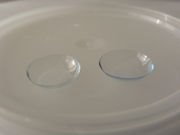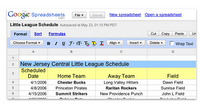 Robotic Surgery Blog discusses sexual life after prostate removal:
Robotic Surgery Blog discusses sexual life after prostate removal:"This post is for all the men who have prostate cancer or are worried about prostate cancer. One of the most feared side effects of therapy for prostate cancer is the impact on sexual health.
Hopefully this will give men a better idea of what to expect and take some of the fear of the unknown away."
The post also includes a video demonstrating a nerve-sparing prostatectomy via the da Vinci robot (picture above).
Role of PDE-5 inhibitors (Viagra, Cialis, etc.)
According to Oxford Bandolier Journal, "recovery of sexual function after prostatectomy is not immediate, and it can take up to 2 years for full recovery even after nerve sparing surgery. Oral PDE-5 inhibitors are usually the first line therapy, with reported efficacy in 10-80% of men after nerve sparing surgery, but probably below 15% after non-nerve sparing surgery."
Related:
Love in the Time of Prostate Cancer. NYTimes, 02/2009.
Image source: Robotic Surgery Blog
Google Video: Saving Sexual Function & Removing Prostate Cancer. HealthTheater.tv.
The small c and the big robot. Jeff Jarvis, 2009.
A patient shares the reality of recovery from prostate cancer surgery: Jeff Jarvis, 2009.
Updated: 12/18/2009
Updated: 12/18/2009

